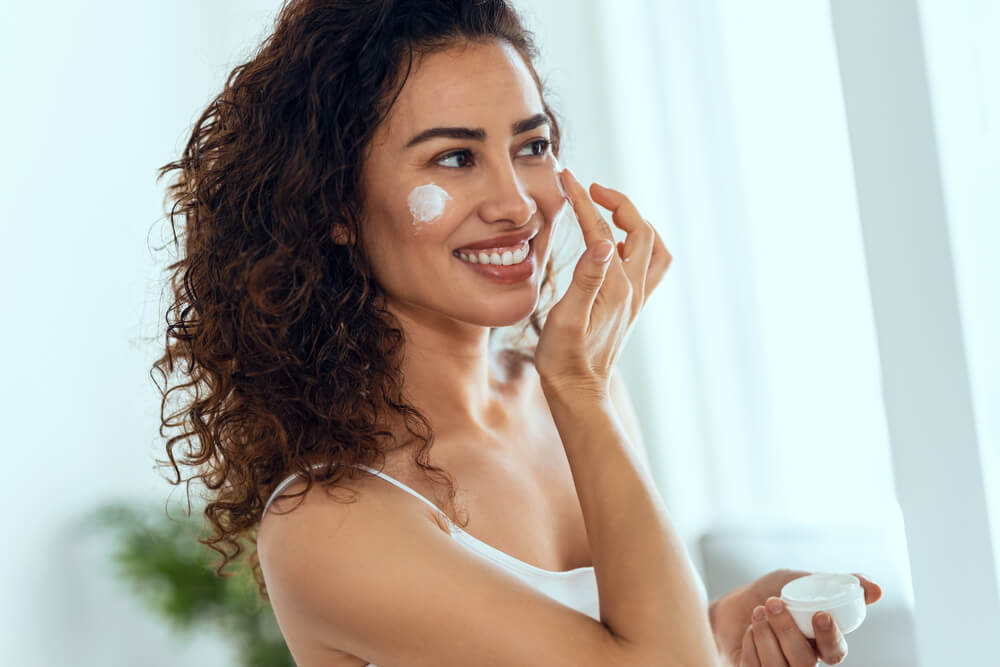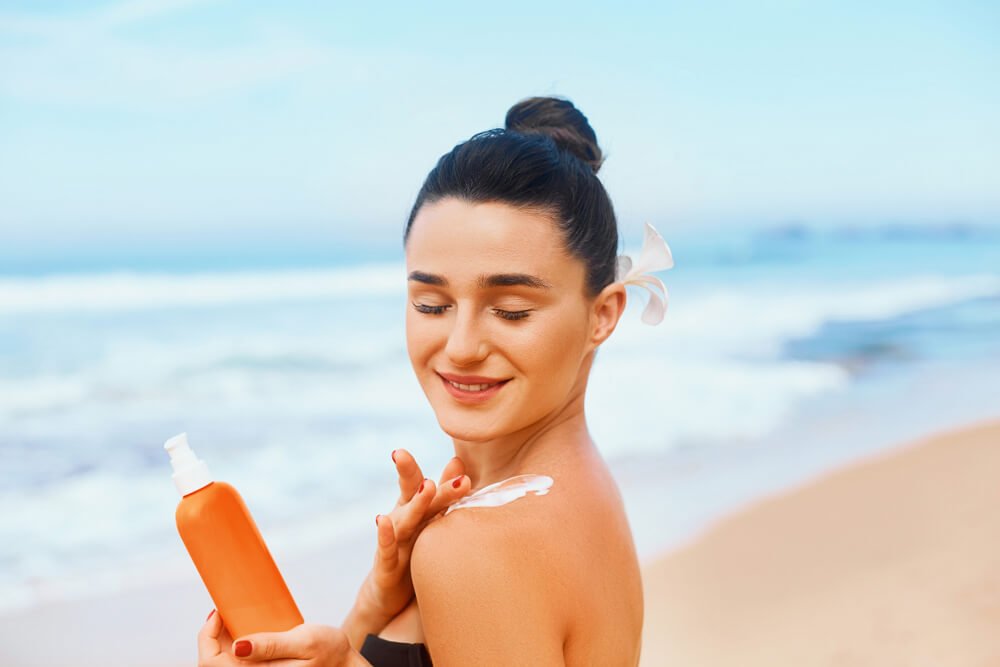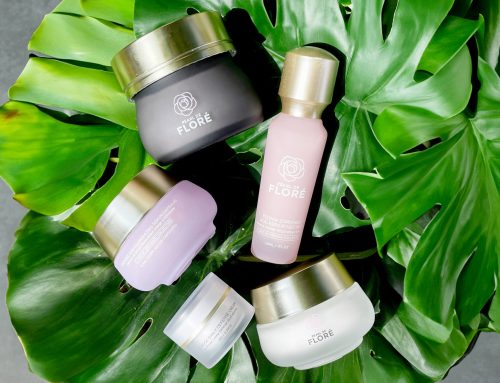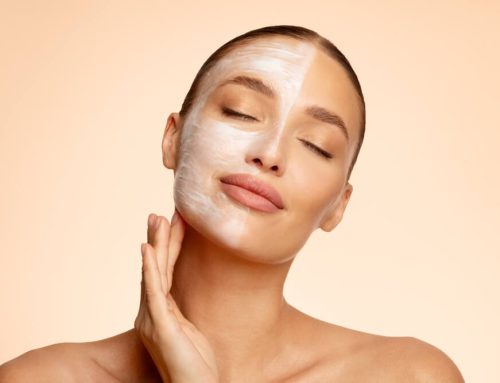In the ever-evolving world of skincare, myths and misconceptions can steer you away from caring for your skin effectively. To help you navigate the complex landscape of skincare advice, we’ve compiled a list of ten common myths and set the record straight. Whether you’re a skincare novice or a seasoned enthusiast, understanding these misconceptions will empower you to make better choices for your skin’s health.
Myth 1: The More Expensive the Product, the Better
It’s easy to assume that a higher price tag means a better product, but that’s not always the case. Many affordable skincare brands offer products that are just as effective as their luxury counterparts. The key is to look for products with high-quality ingredients that target your specific skin concerns, regardless of price.
Myth 2: You Only Need Sunscreen on Sunny Days
Many people believe sunscreen is only necessary on bright, sunny days. However, UV rays can penetrate clouds and even glass, meaning your skin needs protection every day, rain or shine. Incorporating a broad-spectrum sunscreen into your daily routine is essential to protect your skin from premature aging and other potential effects of UV exposure.
Myth 3: The Harder You Scrub, the Cleaner Your Skin
This myth can do more harm than good. Scrubbing your skin too hard can strip it of its natural oils, leading to irritation or dryness. Gentle cleansing is sufficient to remove dirt, oil, and makeup. Opt for a soft cleanser that doesn’t leave your skin tight after washing.
Myth 4: Popping Pimples Will Make Them Go Away Faster
Though tempting, popping pimples can actually exacerbate the problem. This practice can push bacteria deeper into the skin, cause inflammation, and even lead to scarring. Instead of popping, use a spot treatment that contains ingredients known to address pimples effectively.
Myth 5: More Skincare Products Means Better Skin
Using too many products can overwhelm your skin and lead to irritation. It’s better to stick to a simpler routine that includes the basics: cleanser, moisturizer, and sunscreen. Once you have these basics in place, you can add targeted treatments as needed based on your specific skin concerns.
Myth 6: Oily Skin Doesn’t Need Moisturizer
People with oily skin often skip moisturizer, believing their skin has enough moisture. However, all skin types need hydration. Skipping moisturizer can actually cause your skin to produce more oil to compensate for dryness. Look for lightweight, non-comedogenic moisturizers that hydrate without clogging pores.
Myth 7: Natural or Organic Products Are Always Safer
While natural or organic products can be excellent choices, they’re not automatically safer for your skin. Natural ingredients can still cause allergic reactions or irritation in some people. Always patch test new products, regardless of whether they’re organic or synthetic.
Myth 8: You Don’t Need to Change Your Skincare Routine with Age
As you age, your skin changes and so should your skincare routine. Products that worked in your twenties might not be as effective in your forties. Pay attention to how your skin evolves and adjust your skincare products to cater to your skin’s changing needs.
Myth 9: Toothpaste Is a Good Treatment for Pimples
This old home remedy is more likely to irritate your skin than cure acne. Toothpaste can dry out the skin and cause redness or peeling. Instead of reaching for toothpaste, choose acne treatments that are specifically formulated to care for your skin.
Myth 10: Makeup Causes Acne
Makeup itself doesn’t cause acne, but not removing it properly can lead to clogged pores, which might cause pimples. Make sure to thoroughly remove makeup at the end of the day and opt for non-comedogenic products that don’t clog pores.
Conclusion: Clear Skin Starts with Clear Information
Understanding the facts about skincare can help you avoid common pitfalls and adopt practices that truly benefit your skin. Remember, the best skincare routine is one that fits your skin type, concerns, and lifestyle. By debunking these myths, we hope to empower you with the knowledge to make informed decisions about your skincare, leading to healthier, happier skin.








Leave A Comment